Dispatches from Abroad: International Students on How Their Home Countries Are Dealing with Coronavirus
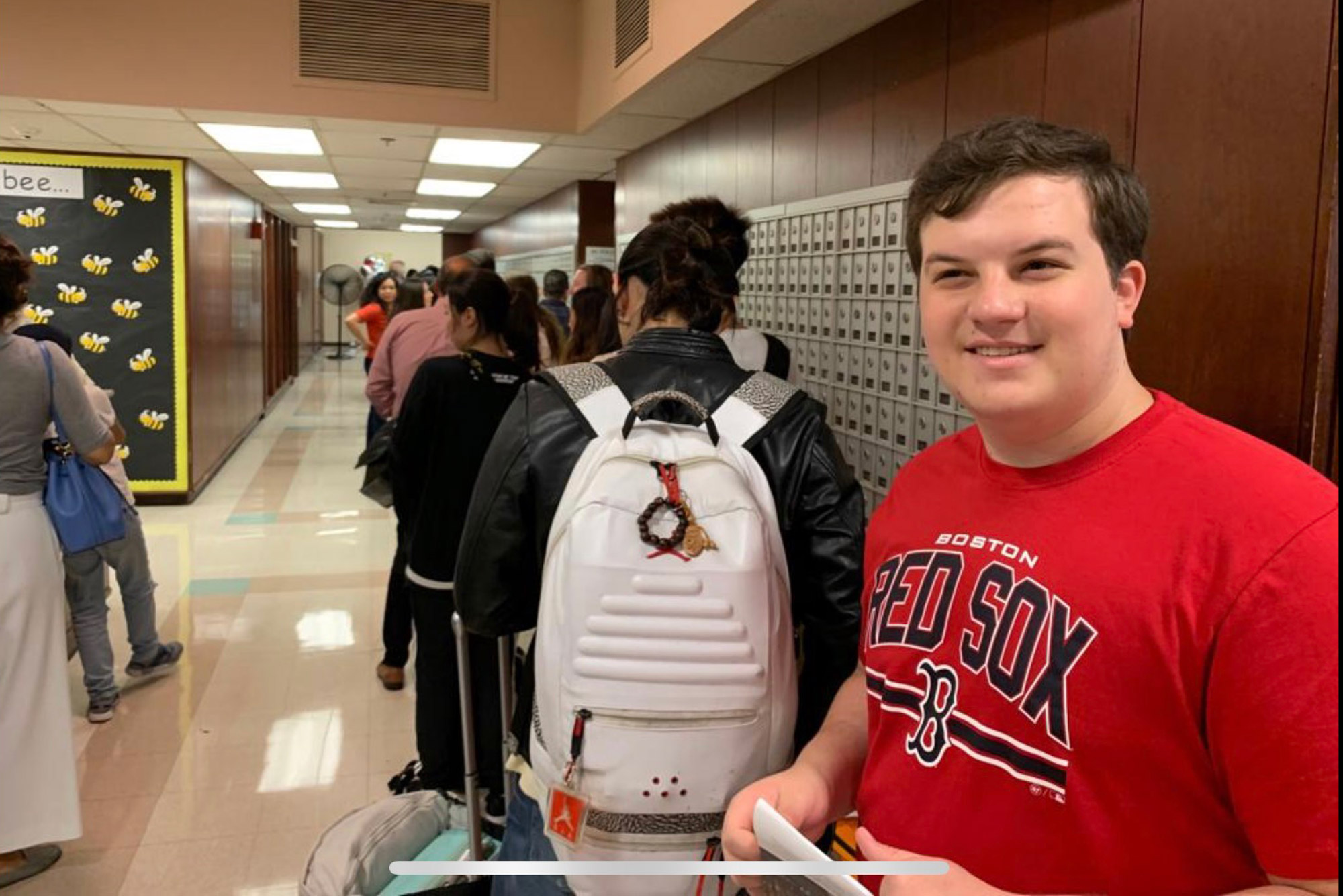
Rafael Kriger (CAS’23), who is from Sao Paulo, Brazil, shared this picture of him moving into Warren Towers last fall. Photo courtesy of Rafael Kriger
Dispatches from Abroad: International Students on Life at Home
They talk about how they’re doing and how their countries are addressing the coronavirus pandemic
It’s been more than three weeks since the coronavirus pandemic forced most students to move off campus and go back home. For many of BU’s more than 10,500 international students, that meant leaving the United States and returning to their home countries. BU Today checked in with a few of them for a snapshot of how they are doing, how their countries are dealing with the pandemic, and the ways young people there are being affected. Their responses have been condensed and edited for clarity.
Olya Barskaya (CGS’20), Moscow, Russia

Editor’s note: Barskaya was born and raised in Russia, and she and her family moved to New York when she was 14. She visited Russia during spring break and has had to remain there because of the virus.
My family and I are doing well. When Americans panicked and started stocking up on toilet paper, everyone here thought it was hilarious and unnecessary. However, when the number of cases started rising in Russia, people started stocking up, too. Now the only items that are problematic to find are masks and hand sanitizers.
Some people started self-isolating in mid-March, when they realized how bad Europe was doing. Cases in Russia started rising then, and the epicenter is in Moscow.
The week of March 28 was declared a public holiday nationwide and people were asked to stay at home to prevent the spread of the virus. The weather in Moscow was very warm, so even though many people stayed home, many others went outside and even hosted barbecue parties. It was all over the news. Because of that, the mayor of Moscow [Sergey Sobyanin] ordered mandatory quarantine. No one is allowed to go anywhere unless it’s to a grocery store, a pharmacy, a hospital, until April 30. If they need to walk their dogs, it has to be within 100 meters of their building.
There are a lot of conspiracy theories going around, and there are some people that believe the virus is fake, but the number of people who think that has been decreasing recently as people started understanding the importance of the situation.
My time zone is seven hours ahead of Boston, which is not that bad. Professors are very understanding and accommodating. Many are recording lectures, so it’s not always necessary to stay up. There are some technical difficulties because some websites are unavailable outside of the United States. In the morning I usually watch the recorded lectures and do homework. I try to work out at home, catch up on reading and TV shows, as well as spend time with my family, because I don’t get to see them often. Then, in the evening I usually have classes.
Helen Zhang (CAS’22, Questrom’22), Shanghai, China
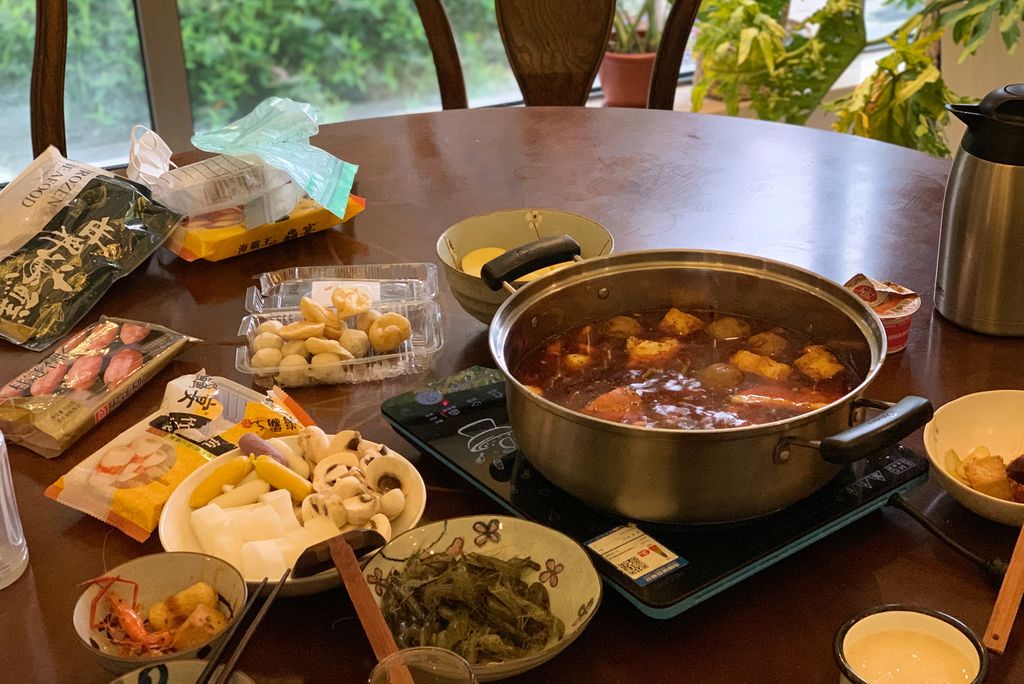
I was required to self-quarantine at home for two weeks when I came back [to Shanghai] on March 18 and anybody living in the same house as me was required to do the same. My mum and I self-quarantined together. This is no longer allowed now: all are [required] to do so in a centralized isolation. (Editor’s note: visitors are now being kept in one central spot for quarantine so they can be monitored and contained.
Taking a COVID-19 test is a must before coming back home. The good news is that all these efforts have paid off. People now have the courage to step out of their houses (still not a lot) and there is no such phenomenon [as] stocking up on food, masks, or toilet paper. However, people are taking social distancing seriously because we all know of the efforts that have been made to help [us] get through this tough time in China, and nobody wants these to be in vain.
Overall, things are getting better and back on the right track in China. I’m really happy and proud to see this happen and also believe that every single country now fighting coronavirus will eventually win over it, reaching the same stage that China is right now, as long as everyone takes social distancing seriously.
The time difference is undoubtedly a challenge for me as I have to meet with my classes at nightime. At first, I did find it difficult to stay productive and concentrated at night. But fortunately, with practice, I’m getting used to this schedule and learning how to manage my time in an efficient way. Of course, there have been several times when I was not able to stay up to catch class. I take a look at the lecture recording then on the next day—this is a real [win] for international students back in their homes. During the daytime, I do schoolwork, home workouts, cook with my mum, and relax. After getting all these things done in the daytime, I take classes at night and end my day.
I hope we all can stay safe and healthy.
Yusi Jin (CAS’22, COM’22), China
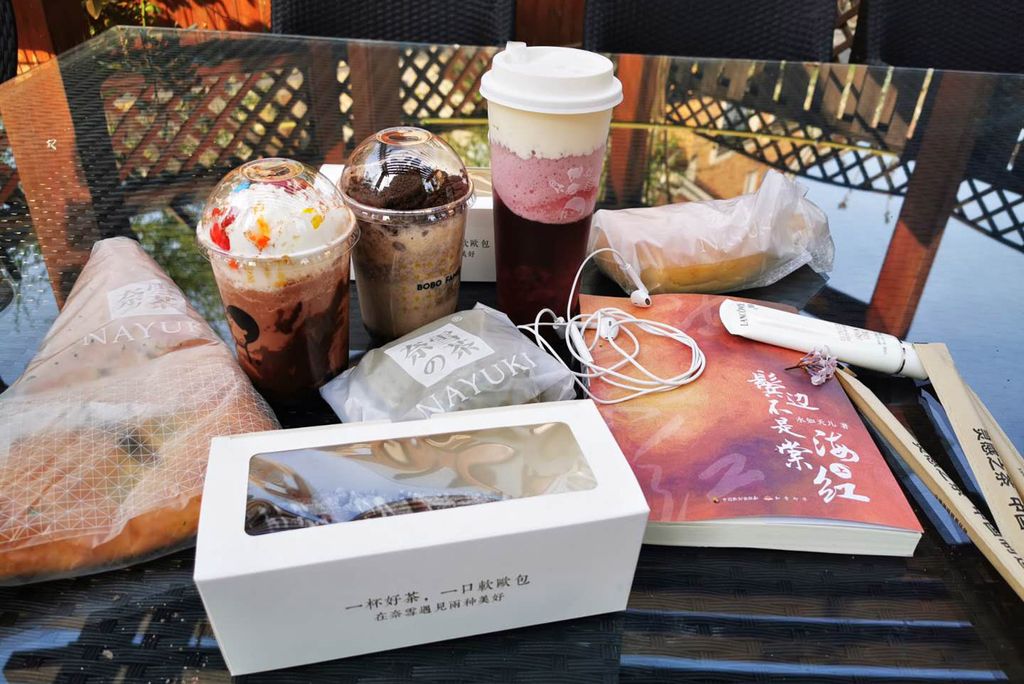
Jin is currently quarantining at a hotel in Dalian, China, while her family is in Beijing. She will travel home on April 15.
I am currently feeling settled and released after traveling back to my home country and living [in] the same time zone as my family. Even though I am still a little bit stressed out about schoolwork, at least I know I am safe [in] a place where I can receive support from the healthcare system and my family.
My grandma, mother, and two siblings stayed at home since early January because it is the safest measure for them to avoid any potential exposure to the virus. They complained sometimes that they wanted to go out and breathe some fresh air. Now they can finally go out since the situation in China is getting much better due to the strict practice of social distancing and the tremendous efforts taken by the government and healthcare system.
Another interesting story is that my aunt’s family went to Beijing in early January to visit us for Chinese New Year from a small city near Wuhan in the Hubei province (I am originally from Wuhan), and they got stuck in Beijing for about two months due to the emergency lockdown of the Hubei province. They finally got to go home, and I feel so happy for them that they don’t have to crowd in the same place with my five family members in our house.
I quarantined in a hotel room when I returned. Everyone is assigned to a single room by themselves unless the individual is a young child or senior person that needs to be taken care of by another adult. I don’t consider my experience as weird. I think it is a really special and novel experience I will remember for the rest of my life. I need to test my temperature twice a day and report it to the hotel manager by phone. The hotel also offers a really nice menu that has a variety of food choices. I normally order the food a day before, and [housekeeping] will deliver the food and other essential things I need in front of my door to pick up, so we won’t have any physical or face-to-face contact with each other. All the staff in the hotel are really nice and helpful. Everything they have done just makes me feel more secure and safe.
I am very busy with schoolwork, and I had to make up the several exams and papers I postponed due to traveling and moving back home. However, if I can, I normally FaceTime with my friends to make myself “busy” and connect to the outside world.
From my perspective, China is dealing with the coronavirus very seriously and effectively. When the pandemic was in its peak in China, social distancing was not a choice but a requirement. People need a pass distributed by the apartments or neighborhoods in order to go out for essential medical and grocery shopping. The mass media also offers an update on the number of new patients. People can track how many people are diagnosed in their neighborhood on WeChat (the most used social media app in China, like Instagram and Snapchat in the US) as a reference to evaluate their chances of being infected.
Chinese people are also taking social distancing very seriously. Almost everyone is wearing a mask when they leave their house because everyone can potentially be a coronavirus patient due to the long incubation period of the virus. People are also trying their best to avoid unnecessary gathering and partying. If some people are ignoring the threat, such as by having a big dinner party, they will very likely be reported by their neighbors, and the community workers will come immediately to educate them about the virus and dismiss [the visitors].
There was a time when many people stocked up on masks due to the fear of not having enough. As soon as the supply chain of masks became normal, and the lockdown and social distancing took place, people started buying just the amount they needed.
The time difference between China and Boston is 12 hours, which is a lot and kind of stresses me out. I can’t participate in most of my afternoon class sessions, and I have to watch the class recordings later on my own. I also feel sorry when my teammates have to [make] an alternative plan for me for projects, like a team presentation, because I can’t make it during the regular class time.
[So that I don’t] miss the deadlines, I have written a new class schedule and converted it to Chinese time. I also write down everything I need to do related to school at the beginning of each week on my planner (I converted the time zones ahead of time as well), so I have a regular study schedule. This way I won’t end up stocking up lecture videos and watching them all at once before the exam.
Rafael Kriger (CAS’23), São Paulo, Brazil
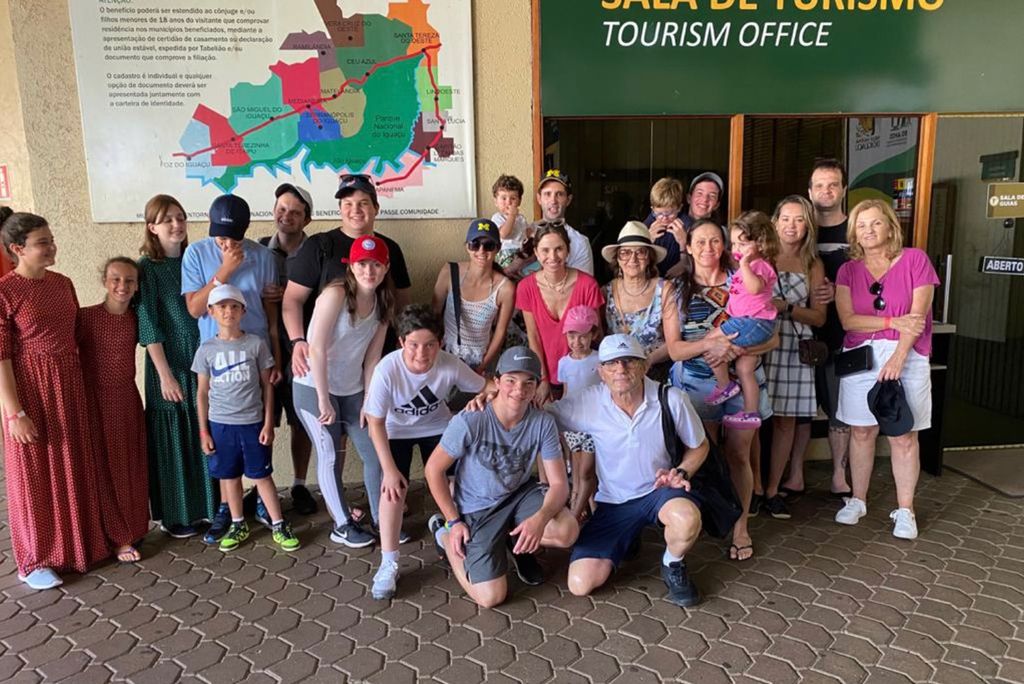
My family and I are all doing OK. I have four brothers and we are all staying at home, and my father is working from home as well. It is a bit cramped, but I am sure everyone is. My mother is a hospital worker. So we are staying at my father’s house for now. We are meeting her for dinner every two days, but at eight feet apart, and she wears her mask. It has been hard not being with her at this time when she needs us the most, but she is doing her part so this can all go back to normal as fast as possible.
I am from Brazil. As you probably have seen, my president, Jair Bolsonaro, is ranked as the worst world leader in response to the coronavirus. I follow politics a lot in the US and here at home, and comparing [President Donald] Trump to Bolsonaro is not even close. Trump’s only interest is being reelected, and this has led him to make some right decisions, even if it is not for the right reasons. Bolsonaro’s interest, on the other hand, is being in the counterculture. He does not listen to experts and has downplayed the effects of the virus over and over again. Last week he told everyone to go back to work. Fortunately, we have a federalist system here in Brazil. I live in São Paulo, the most populous state. My governor seized the initiative and has taken serious measures to help prevent the spreading of the virus. The general population is not taking social distancing seriously, but with everything closed, most people are staying home for the lack of any other option. Brazil is the biggest producer and exporter of toilet paper, so we are fine here, for now.
I am sure classes and adapting all schoolwork has been hard for everyone. One problem that I have that I would bet is not prevalent in America is the intermittency of the internet connection. I have good Wi-Fi. But sometimes it just freezes or stops. My father works in telecom, and I was told it is because of the huge unexpected demand. But, even though I understand the problem, it is still infuriating when you raise your (virtual) hand to ask a question on Zoom and it freezes right when the professor calls on you.
To keep busy, I have gone on some long walks, which has been fun and new. Also, my building has a small courtyard and has staggered the times [when people can use it]. So for around an hour a day I go down with my brothers and we play some soccer. I also have a ping-pong table in my living room. The only problem is, I am a bit tired of winning over and over against my father and brothers.
Geena Grant (COM’23), Sydney, Australia
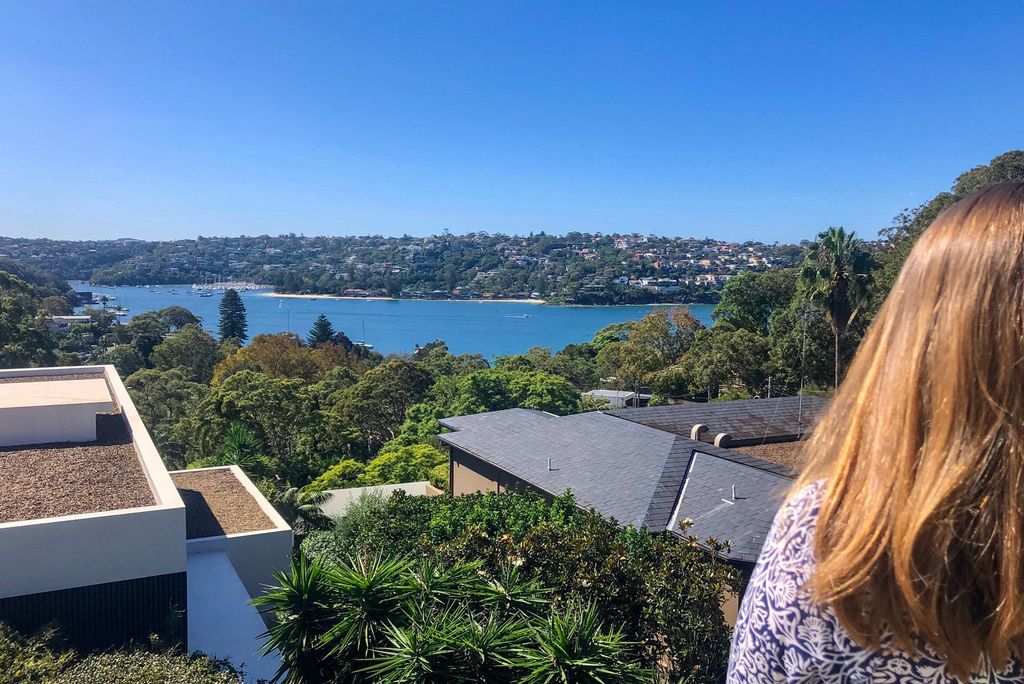
I think we are very lucky to be where we are and I am so grateful that we are all together and healthy. But my parents are working from home and my younger brother is doing school online, so being around each other and no one else 24/7 is strange and can get a bit irritating at times, but we’re working on it! I am really glad to be home though, even with all the changes and not being able to see most of my friends or visit my favorite places. We’re also really fortunate that the government is taking this very seriously and putting measures in place to stop the spread.
I had to quarantine for two weeks after I returned to Sydney from Boston. Having been on planes for 24 hours to get home, I was worried about contracting the virus. It was also released that two people on my flight from LA to Sydney had coronavirus so that raised my concerns, but luckily I was in the clear.
I think Australia is dealing pretty well, all things considered. Since around a million Australians travel overseas each month (and we only have about 24 million people), the big thing was stopping transmission from everyone returning from overseas since the majority of cases have come from travelers returning from America, Europe, and cruises. At first, we were all required to self-isolate at home for two weeks, which I did, but now anyone returning must stay in a hotel (in some states paid for by the government), and they will be checked on by the army to make sure they are complying with quarantine. Police are also checking the residences of anyone who has had symptoms or been tested to ensure they are staying home.
We have been getting new updates almost every day from the prime minister. At the moment, all nonessential businesses are closed, and everyone has to stay home unless they need to shop for essential goods (food, medicine), seek medical care, or if they are exercising. If you do go out, you have to practice social distancing by staying two arm’s lengths apart and you can only be with one other person outside of your household.
There have been a few events that have caused hotspots for the virus: a cruise ship that wasn’t quarantined, a wedding with international guests, and backpackers all over Bondi Beach. But recently the government announced that 90 percent of Australians were following these guidelines now and hopefully that will stop community transmission.
In terms of social welfare, the usual fortnightly unemployment payments have increased and people can get free childcare as well as help with loan repayments and paying rent, especially for small businesses. The supermarkets started running production centers 24/7, which has helped suppliers. Our two leading supermarket chains also briefly opened an hour early for vulnerable people to shop (pensioners, elderly, etc.) to ensure they had reliable access to basic supplies, but it didn’t last very long. The supermarkets have also introduced limits on how much toilet paper, hand sanitizer, rice, flour, etc., you can buy in one transaction.
I have been really lucky that all my professors are incredibly accommodating and understanding of the 15-hour time difference, and the time I missed whilst traveling home. I am so thankful for that. Each one has also emailed me a few times individually to check up on how I am doing and to make sure I am following along with lecture recordings. Overall, “Zoom University” has been manageable and it’s actually quite nice to be able to watch recorded lectures at whatever time is best for you.
To add to the chaos, my family was in the process of moving houses when I arrived home, so unpacking boxes and getting everything set up has taken up a lot of time. I have a lot of schoolwork to keep me busy, but I’m also making the time to take walks, read, and relaunch an old blog. I had to practice writing and social media management as I’m planning to switch my major to PR. I would like to get a job or internship, but it’s just not feasible at the moment with so many workplaces closed.

Comments & Discussion
Boston University moderates comments to facilitate an informed, substantive, civil conversation. Abusive, profane, self-promotional, misleading, incoherent or off-topic comments will be rejected. Moderators are staffed during regular business hours (EST) and can only accept comments written in English. Statistics or facts must include a citation or a link to the citation.